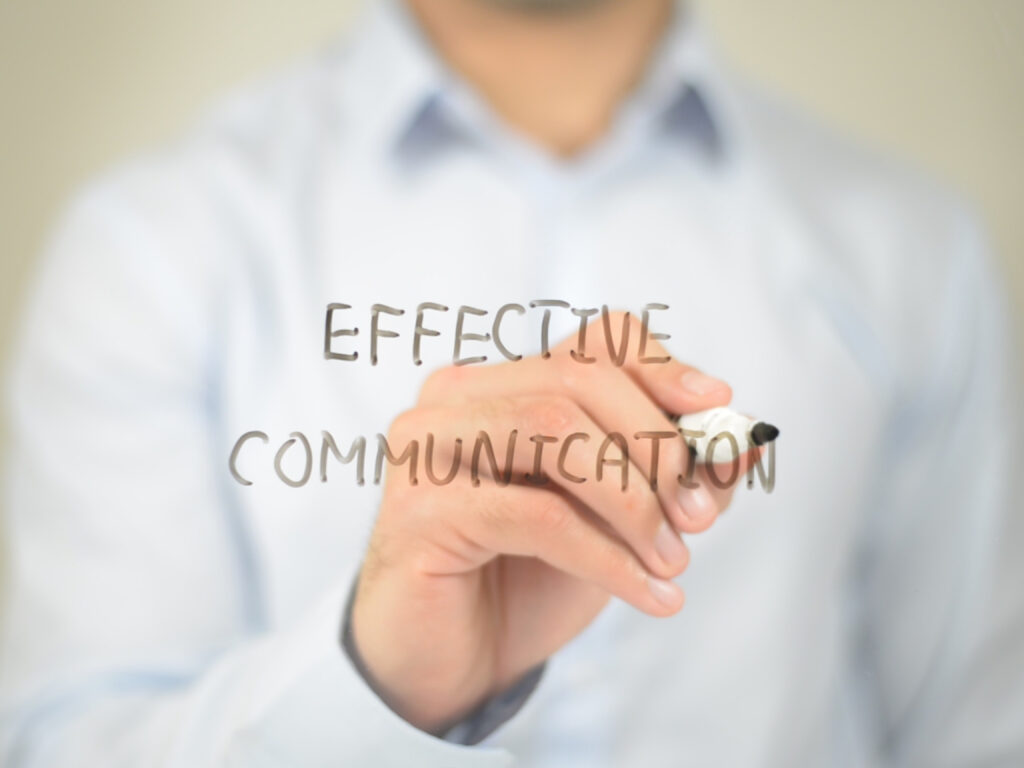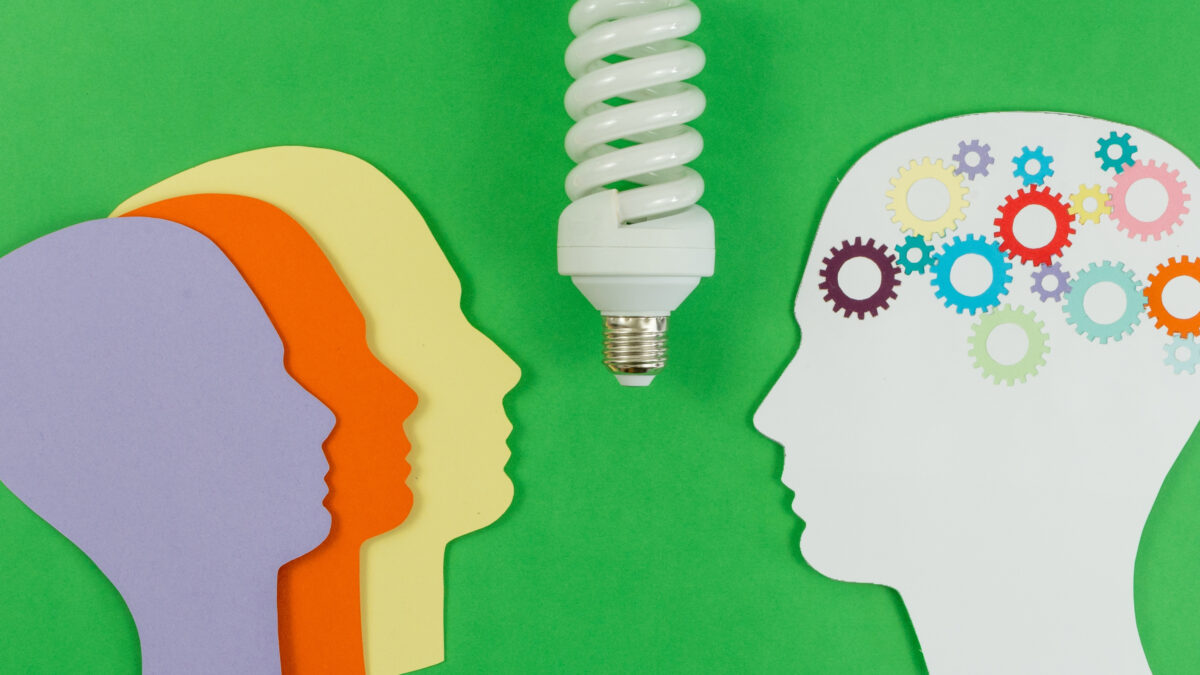Learning effective dialogue is essential for self-improvement. Whether you’re dealing with personal relationships, professional encounters, or interactions within society, having great communication skills licenses you to express yourself assertively and clearly. So, let’s take a comprehensive look at the crucial skills you need to develop to communicate effectively. Read on for tips on effective communication skills.

Table of Contents
ToggleActive Listening
- Give your full attention to the speaker, paying close attention to both their words and body language.
- Reflect on the speaker’s message without interruptions, demonstrating genuine empathy and comprehending.
- Ask specific questions to guarantee full comprehending and show genuine interest.
Clarity and Conciseness
- Convey thoughts and ideas clearly and directly, avoiding ambiguity or unnecessary complexity.
- Utilize precise language, steering clear of jargon or convoluted terminology.
- Deliver messages succinctly, respecting the time and attention of your audience.
Empathy and Emotional Intelligence
- Tune into the emotions and perspectives of others, acknowledging and validating their feelings.
- Respond empathetically and sensitively, demonstrating emotional awareness and regulation.
- Manage your own emotions effectively to maintain composure and facilitate constructive dialogue.
Non-verbal Communication
- Pay close attention to body language, facial expressions, and gestures to convey authenticity and openness.
- Establish rapport and trust through consistent and appropriate eye contact.
- Adapt non-verbal cues to align with cultural norms and contextual nuances.

Adaptability and Flexibility
- Tailor your communication style to suit diverse audiences and emotional situations.
- Receive feedback with grace, showing a willingness to make adjustments and improve.
- Handle conflicts with flexibility, aiming for solutions that benefit everyone and finding common ground.
Confidence and Assertiveness
- Communicate with conviction and self-assurance, asserting your boundaries and perspectives.
- Remain steadfast in your convictions while remaining receptive to constructive critique.
- Employ assertive language to express needs and advocate for yourself effectively.
Participate actively and provide feedback.
- Promote open dialogue by inviting input and collaboration from others.
- Provide constructive feedback using “I language” to express personal experiences and observations.
- Create an environment conducive to growth and improvement through ongoing communication and mutual support.
Cultural Sensitivity and Diversity Awareness
- Respect and honor cultural diversity, acknowledging and celebrating differences in communication styles and perspectives.
- Avoid assumptions and stereotypes, and strive to appreciate the richness of diverse viewpoints.
- Promote inclusive communication practices that uphold equity and respect.
In conclusion, effective communication is more than just sharing information; “It’s all about making connections and developing empathy. By developing these skills, you can confidently handle any social situation and experience personal and professional growth. Feel free to invest in yourself and welcome the process of self-improvement. Let effective communication be your guide in every aspect of your life, and you’ll be amazed at the positive impact it can have!
Here is some research on the subject:
- Enduring impact of communication skills training: results of a 12-month follow-up
- The Handbook of Communication Skills
- Training Communication Skills in Young Children.
- Developing Effective Communication Skills
FAQ
It’s the clear and accurate exchange of information, providing comprehending between all parties involved.
Practice active listening, be concise, seek feedback, and adjust your methods as needed.
Cultural differences, emotional states, language barriers, and distractions can all hinder effective communication.

